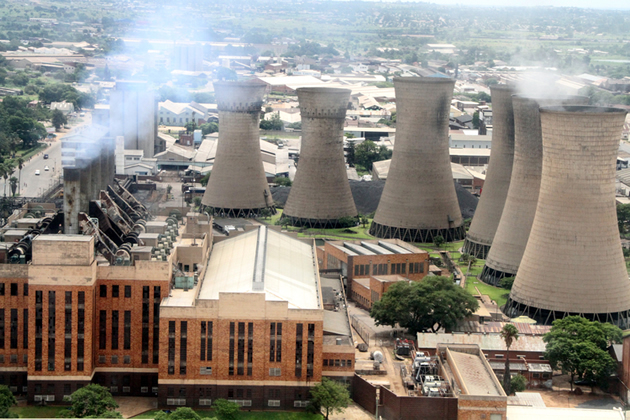Zim ready to sign Comesa investment pact
Walter Mswazie, Masvingo Correspondent
ZIMBABWE is committed to improving its investment climate in order to attract more foreign direct investment (FDI) and enhance economic growth.
The country lags behind its regional counterparts in terms of FDI after it attracted $545 million compared to Mozambique’s $5,5 billion and Zambia’s $2,7 billion in 2014.
The World Bank ranks Zimbabwe on position 155 out of 189 countries based on economic and trade competitiveness.
In an interview on the sidelines of a stakeholders’ meeting organised by the Common Market for Eastern and Southern Africa (Comesa) in Masvingo yesterday, Economic Planning and Investment Promotion director responsible for investment promotion, Thabai Donald Dhliwayo, said a technical working group from the Office of President and Cabinet has since been set to look into strategies on how the country can improve its ranking and be able to attract FDI.
Dhliwayo said given the high literacy level coupled with abundant mineral resources in the country, chances are high that Zimbabwe can be an investment hub for Comesa.
“We’re committed towards implementing a raft of measures so that we improve on economic world ranking as prescribed by the World Bank and increase of FDI inflows. There is a realisation that something should be done,” said Dhliwayo.
He said all member states were expected to have ratified a Comesa investment agreement by December 31, 2015 to ensure compatibility within their operations.
He said Zimbabwe, as a Comesa member, was ready to ratify the agreement and has already hired personnel to work on specific areas of the pact.
“The World Bank has ranked us 155th out of 189 countries on the competitive index. While our position is not good, there is reason for celebration because a few years ago we were ranked 171. However, the need for improving can’t be overemphasised and we’re already working on areas that the World Bank consider critical, like conditions to start a business,” said Dhliwayo.
He said when assessing countries for ranking purposes, the World Bank confines its assessment on five key areas in terms of doing business.
These include; conditions that a country sets for one to get construction permits or registering property, time taken and costs involved as compared to other countries under assessment.
It also considers how businesses access lines of credit in a particular country, protecting minority investors, enforcing contracts, resolving insolvency, paying taxes and trading across borders.
“We’ll establish many special economic zones, harmonising legislation and regulations that have an impact on investment. We’ll leave no stone unturned and by December 31, the technical team would have finished everything,” he added.
Dhliwayo said the government was doing all it could in dealing with obstacles to ensure Zimbabwe becomes an investment destination of choice.
He said Comesa intra-trade was presently at $20,7 billion per year while outside Comesa-trade stands at $110 billion implying a deficit of more than $80 billion.
He attributed the huge trade deficit to the absence of value addition and beneficiation in most African countries as most of the goods are traded in their raw form.










Comments